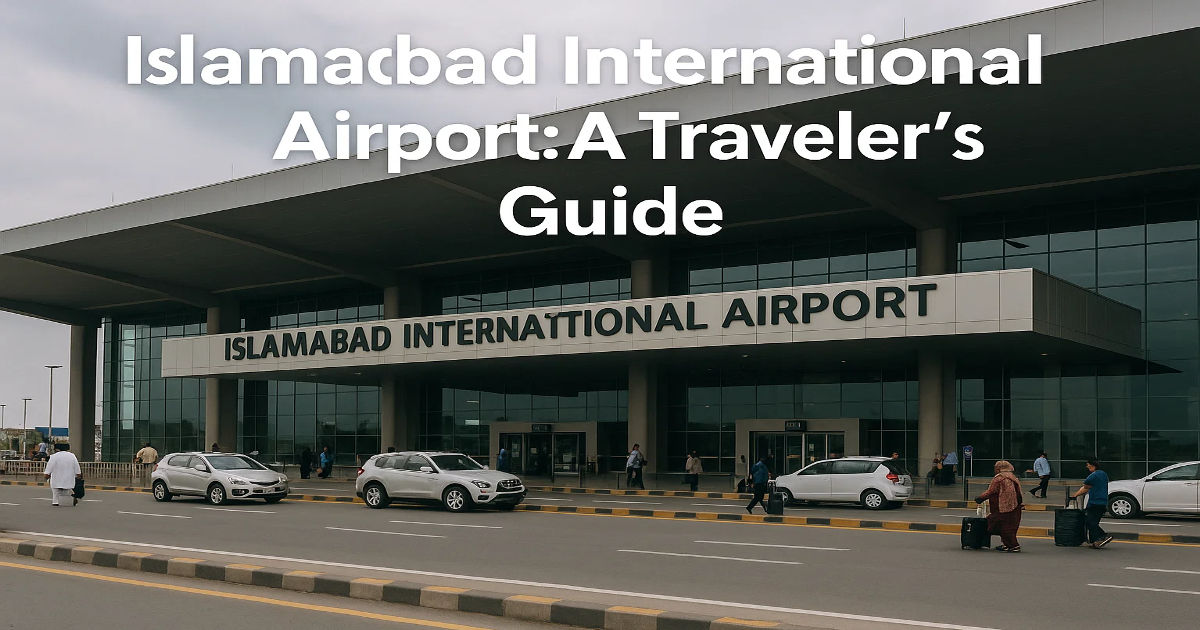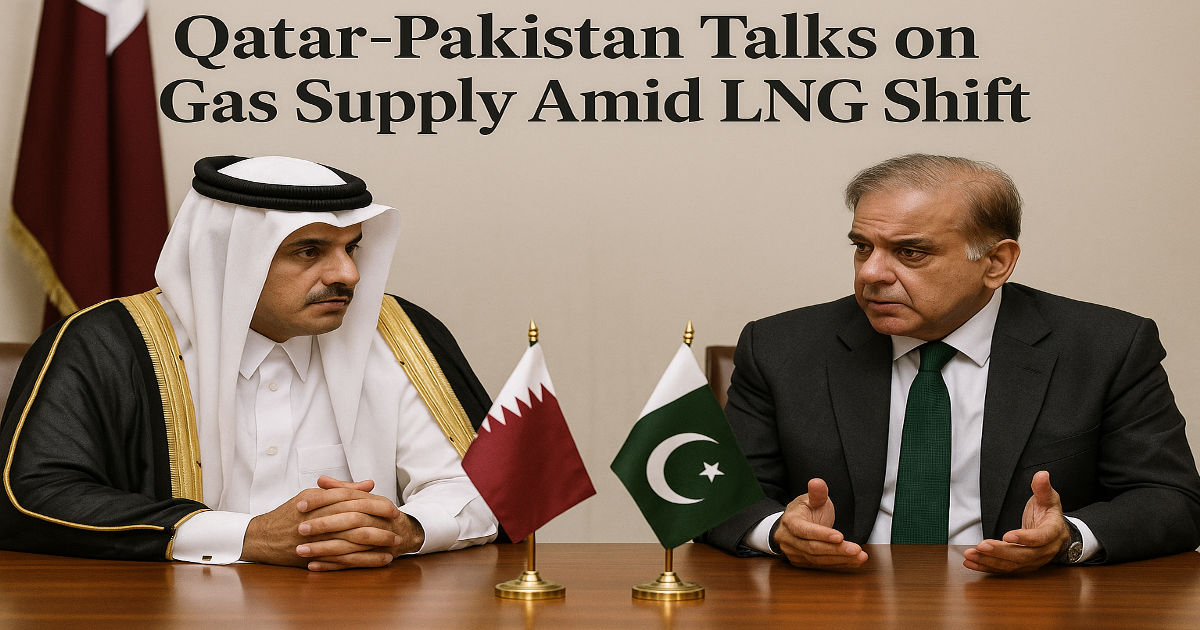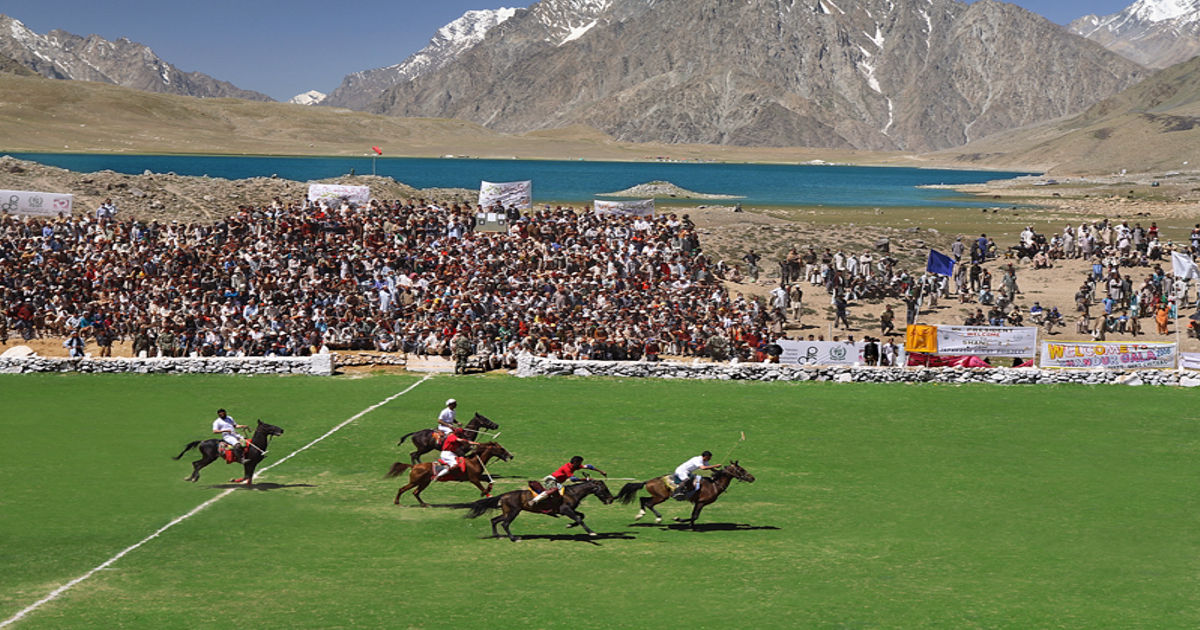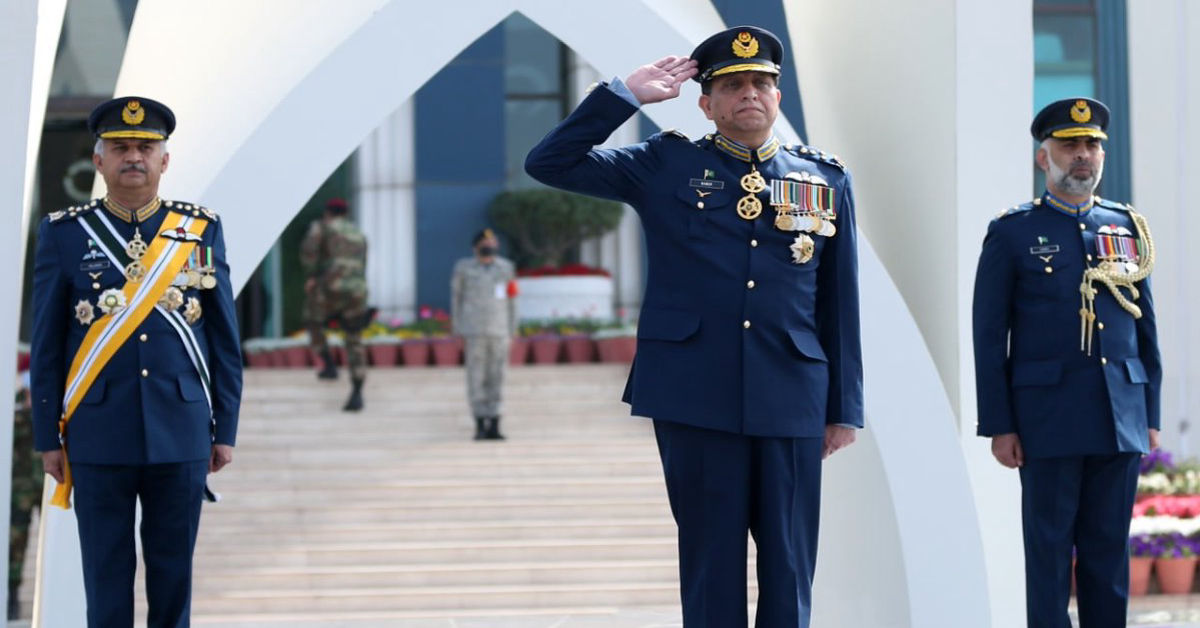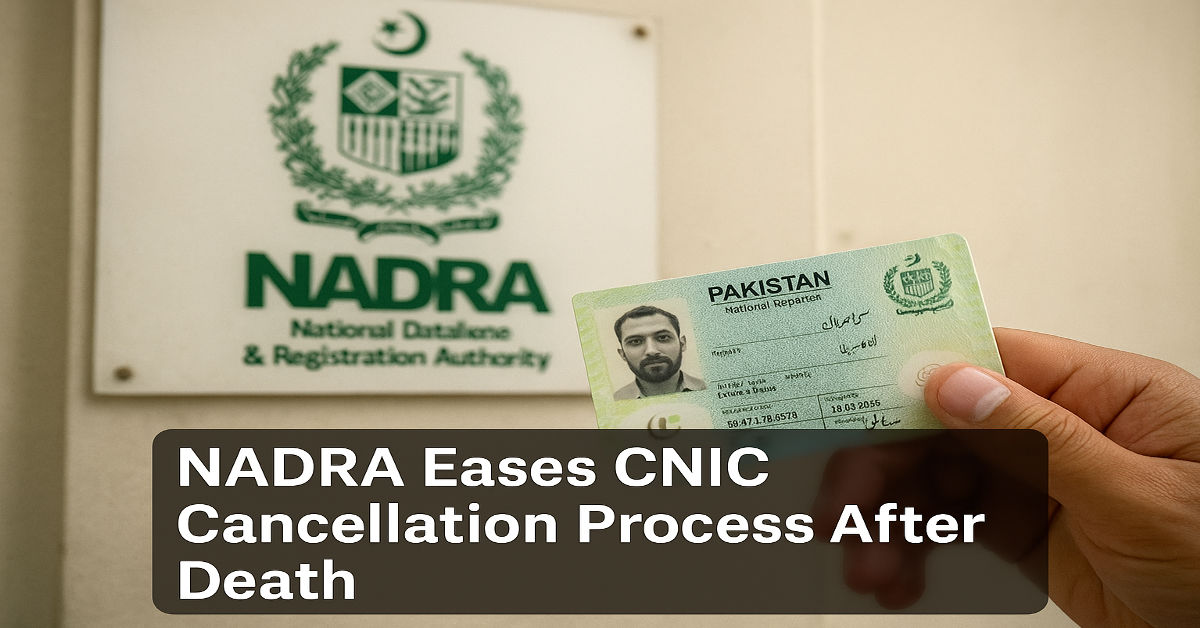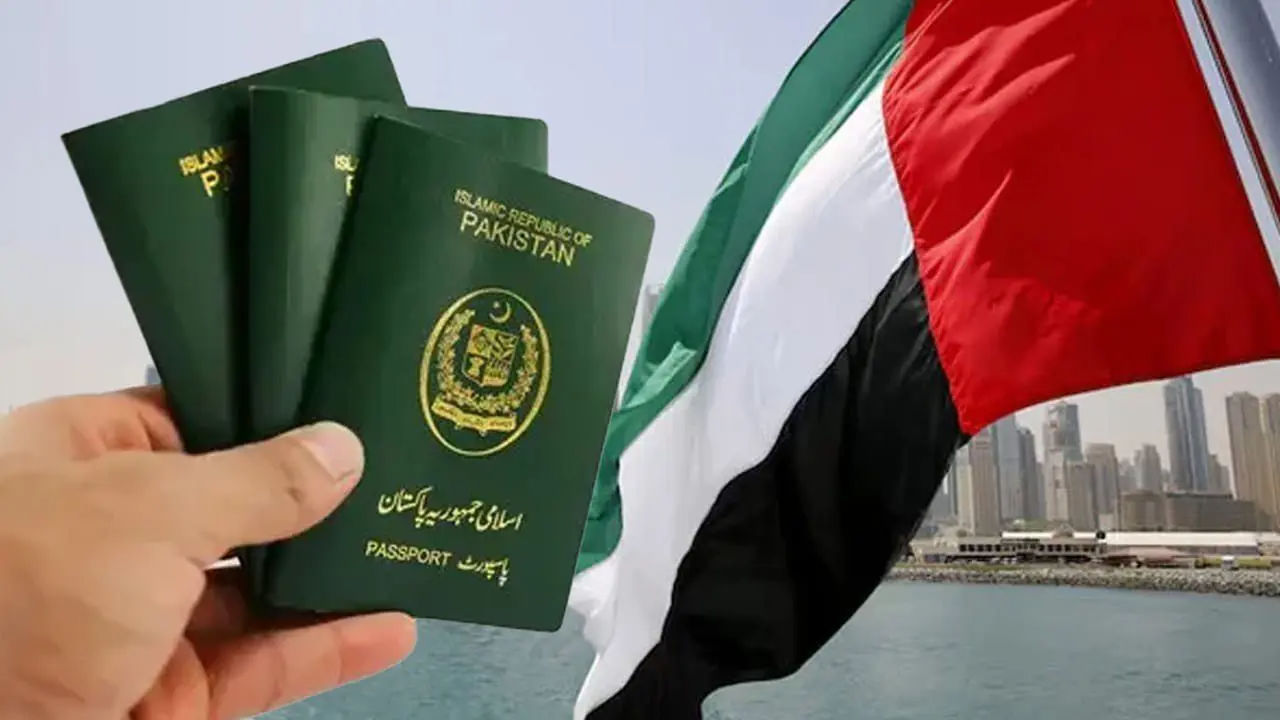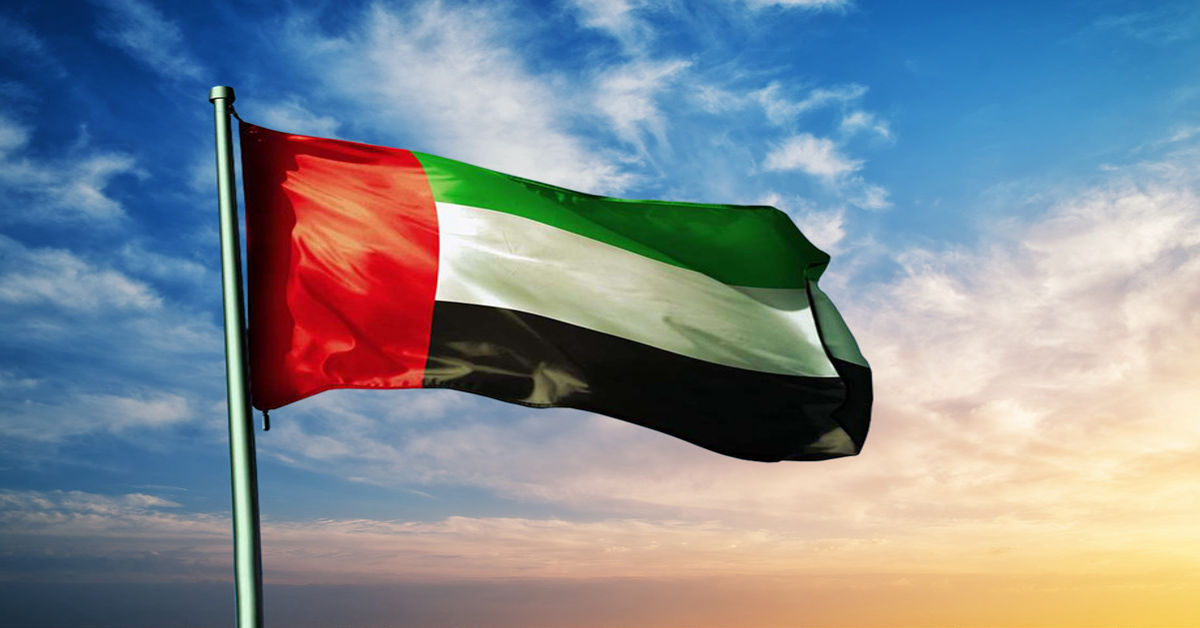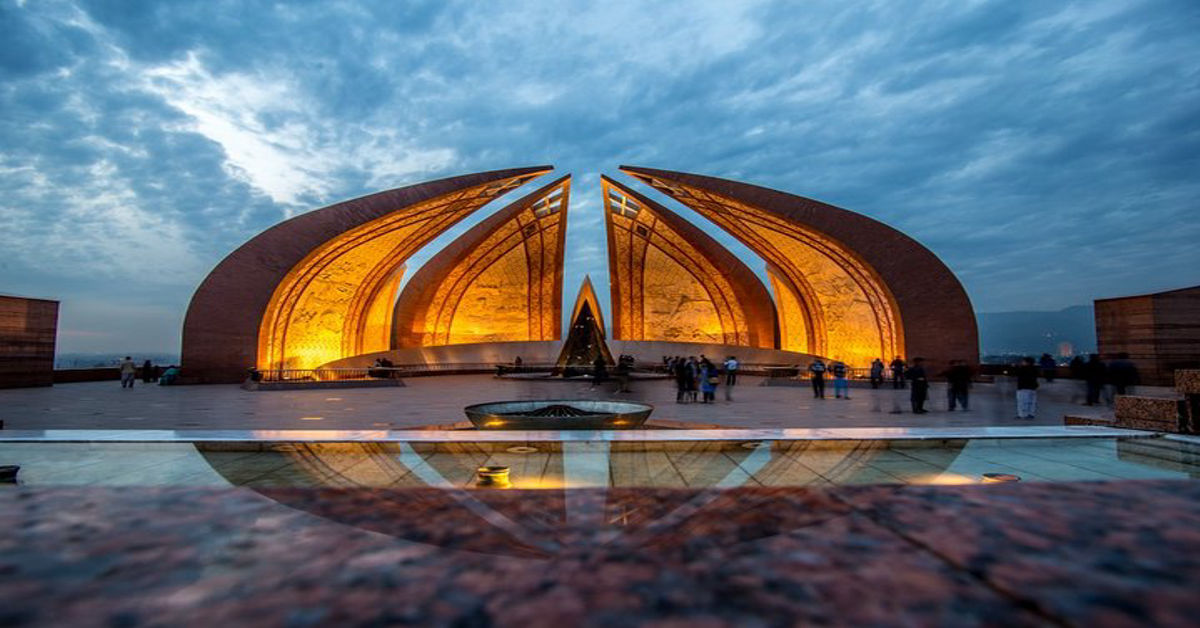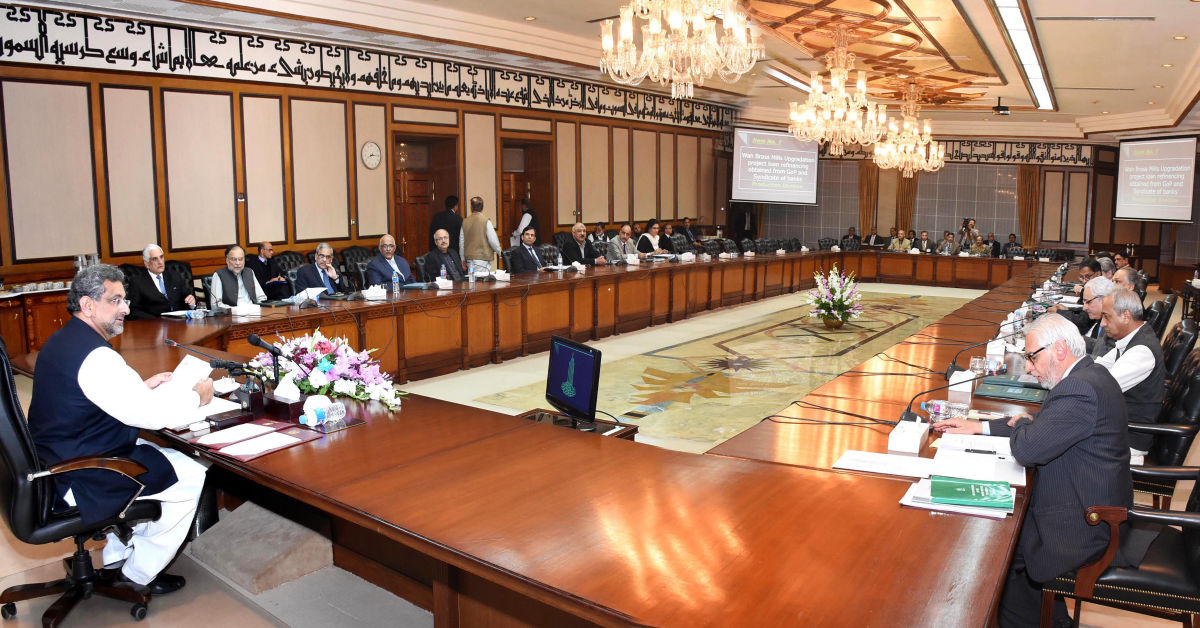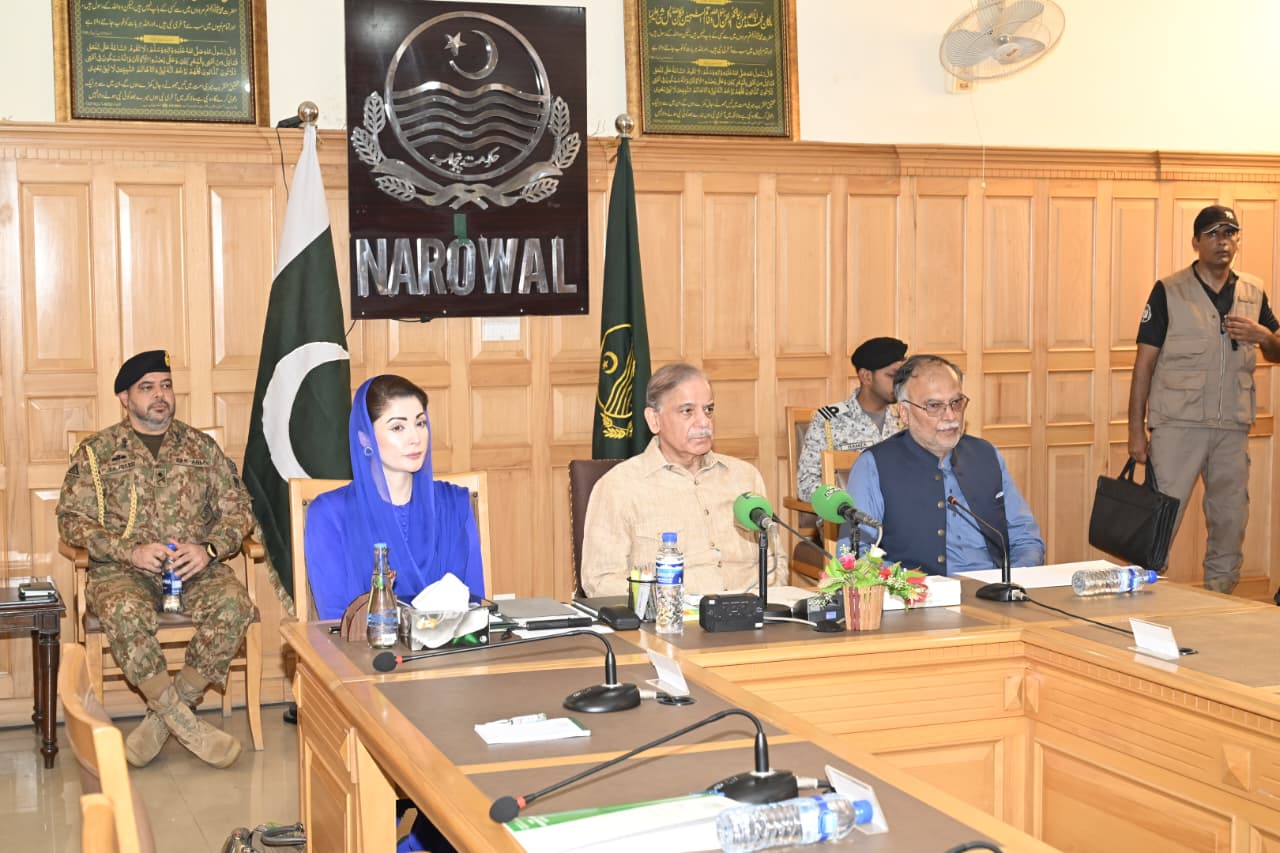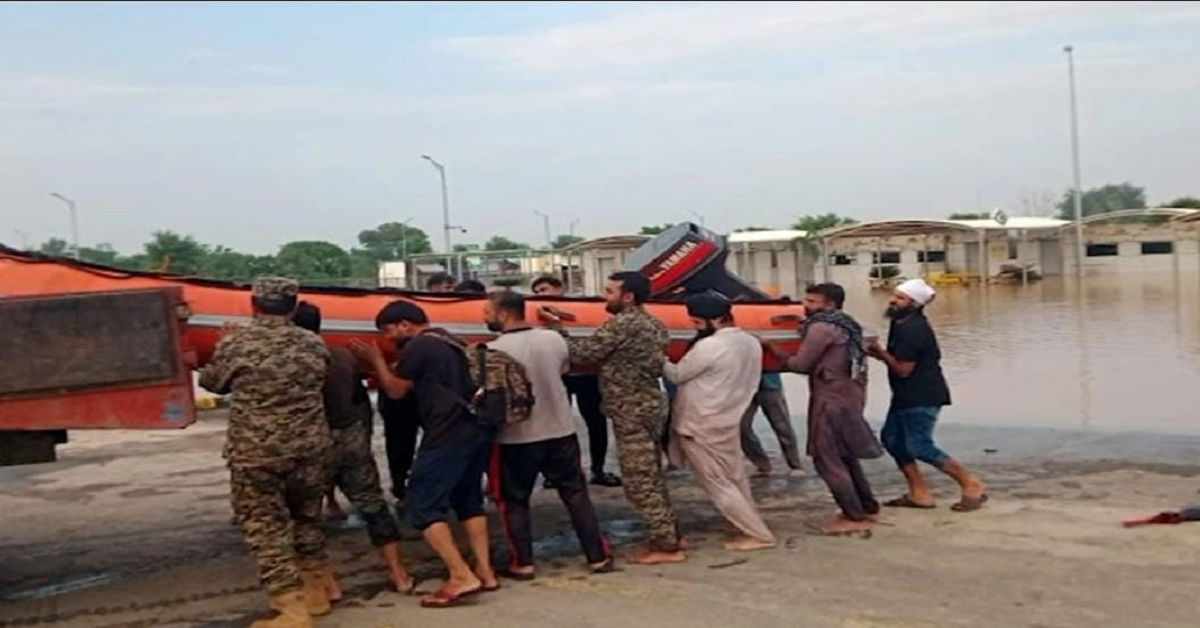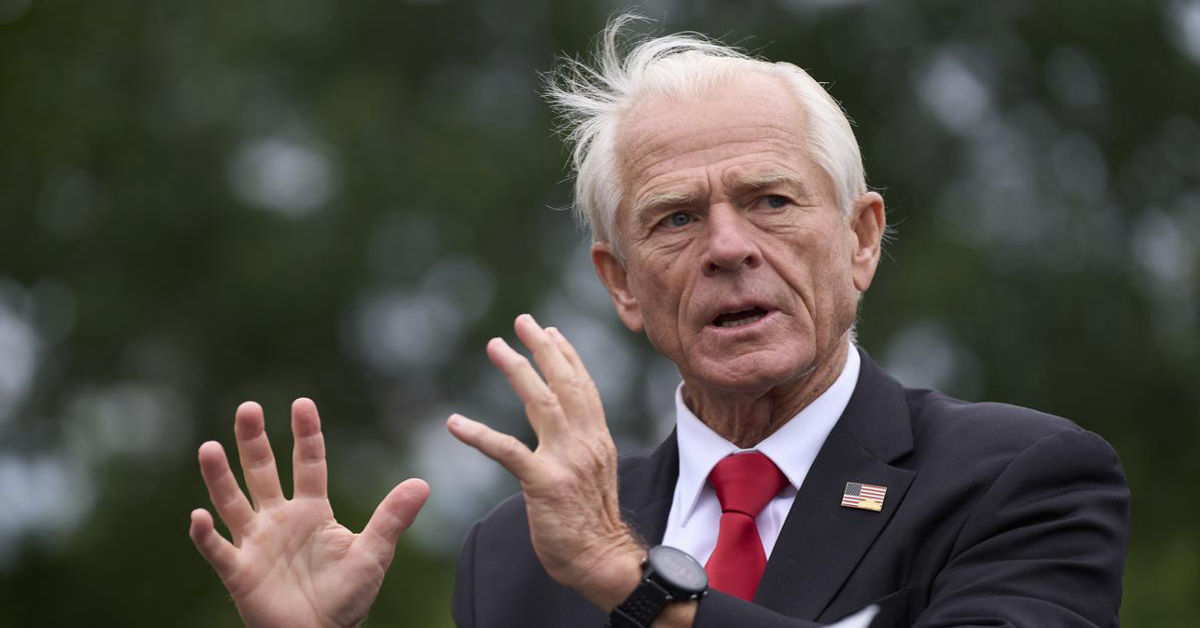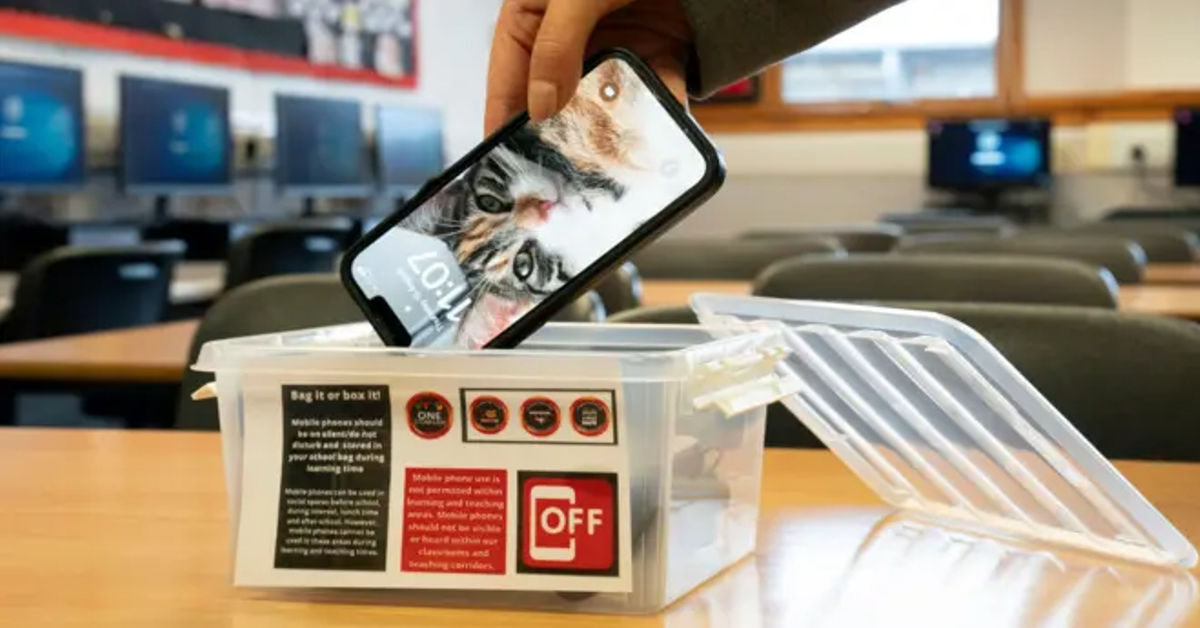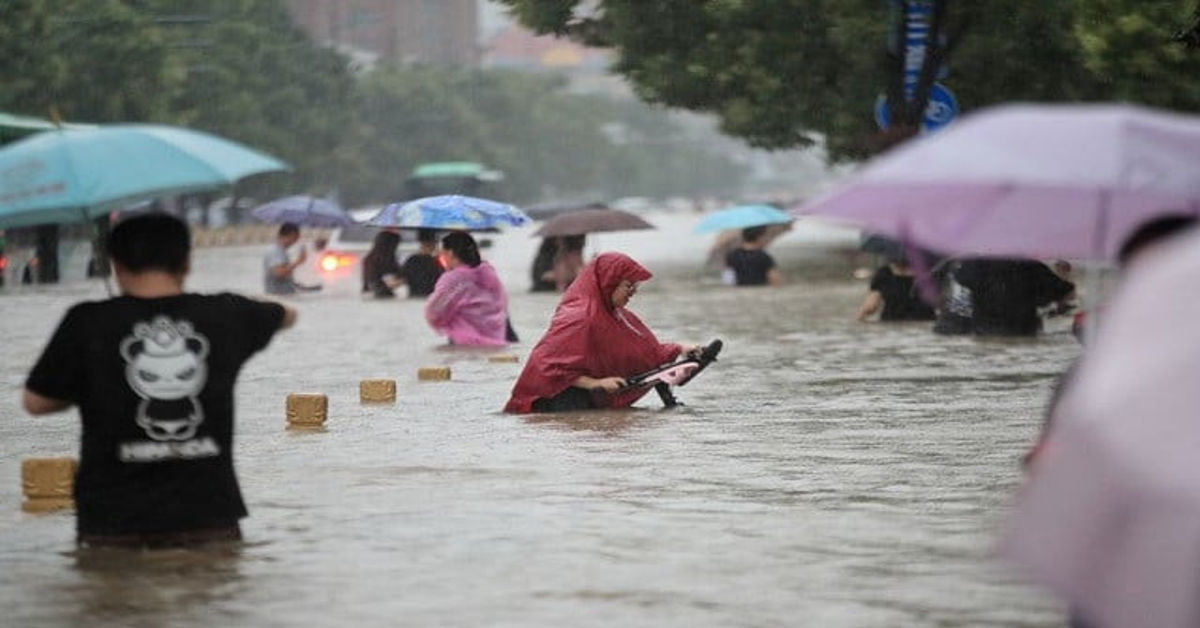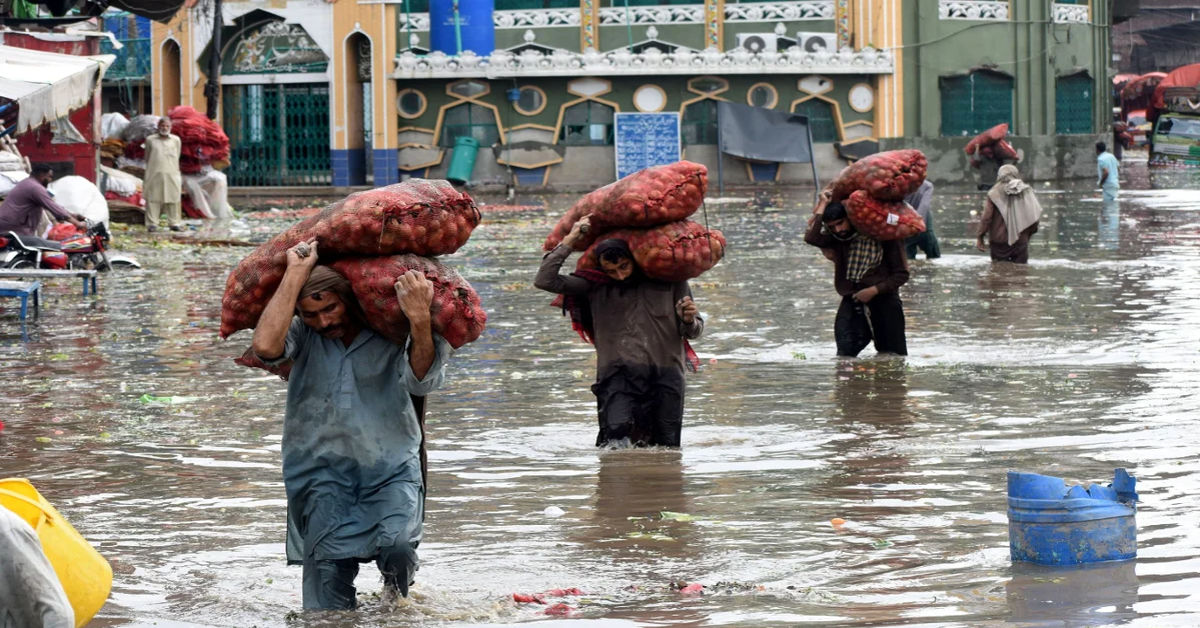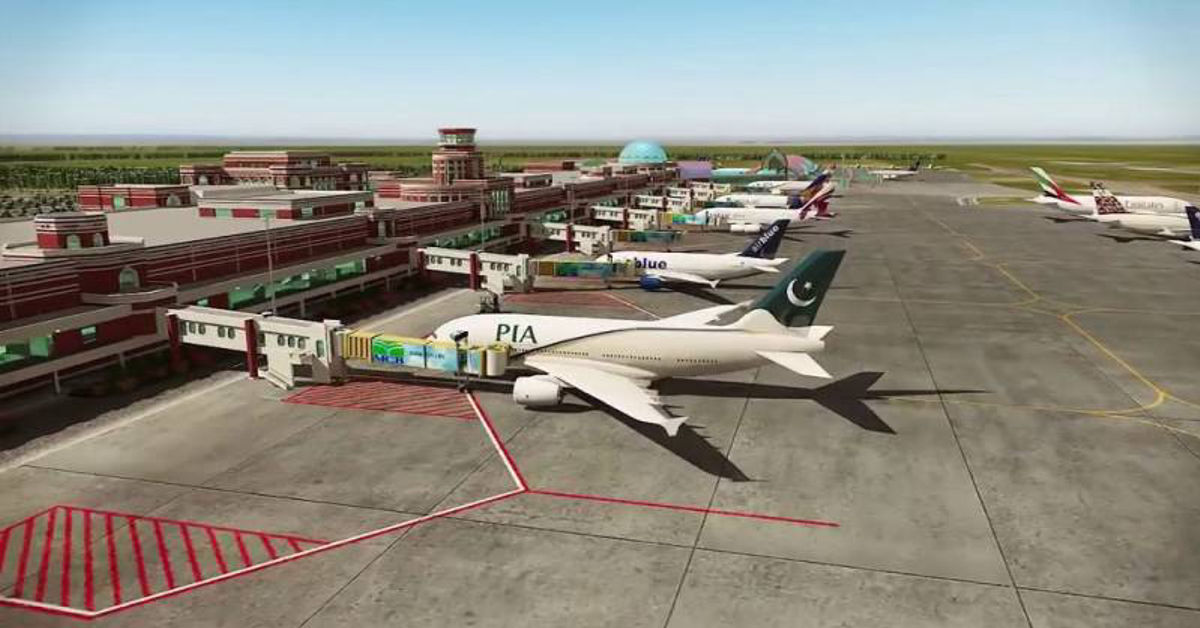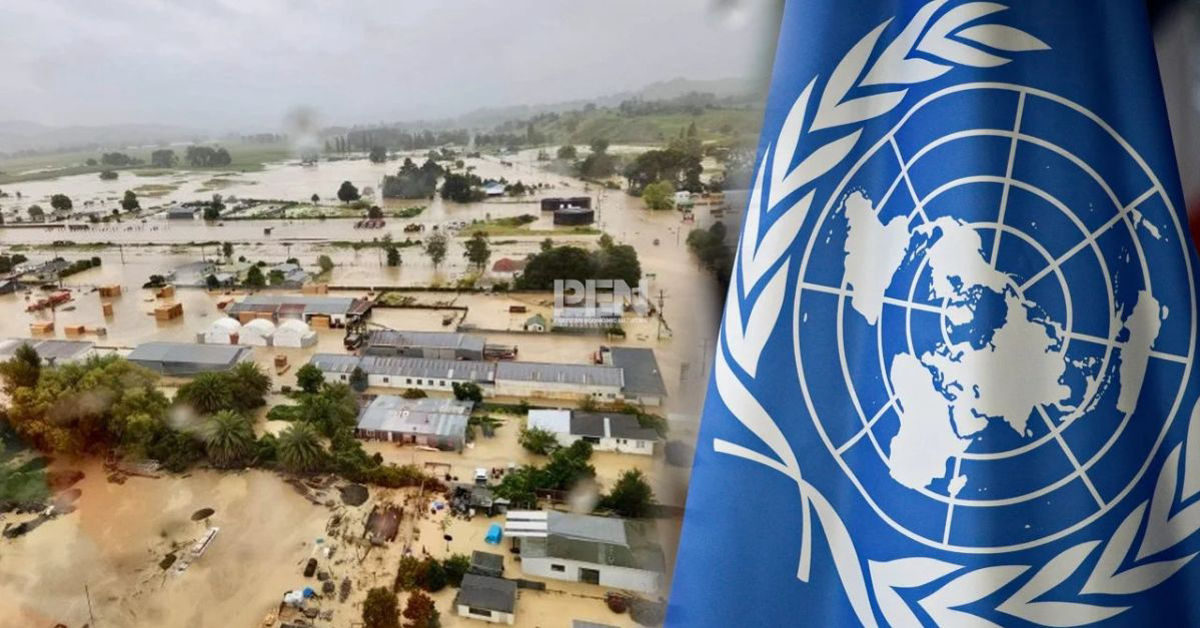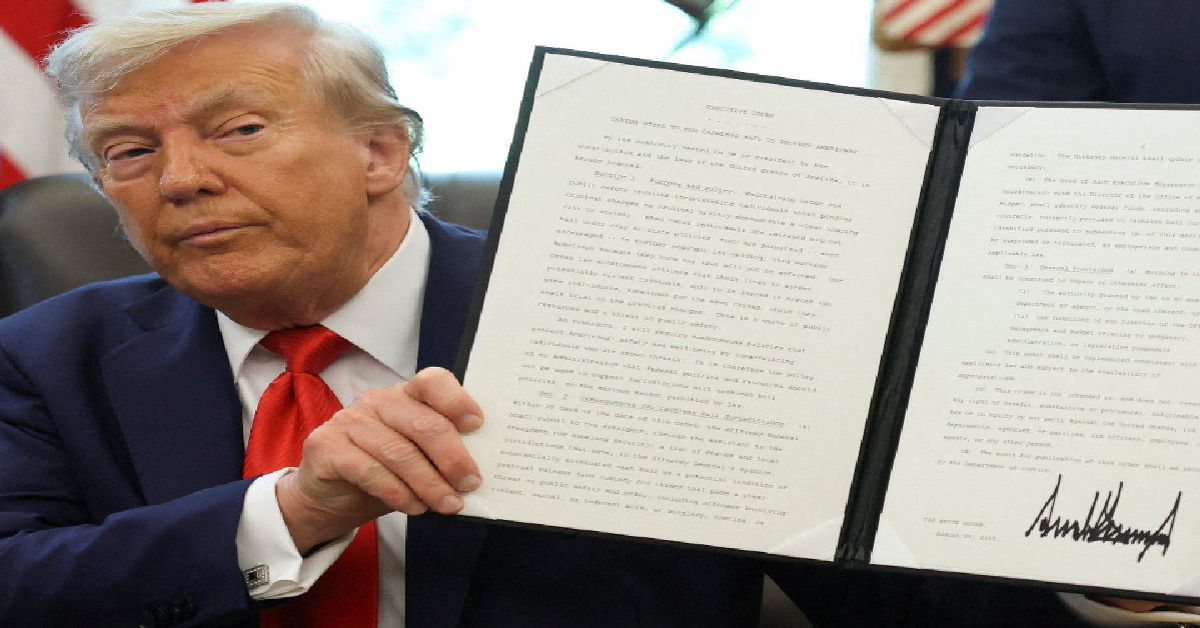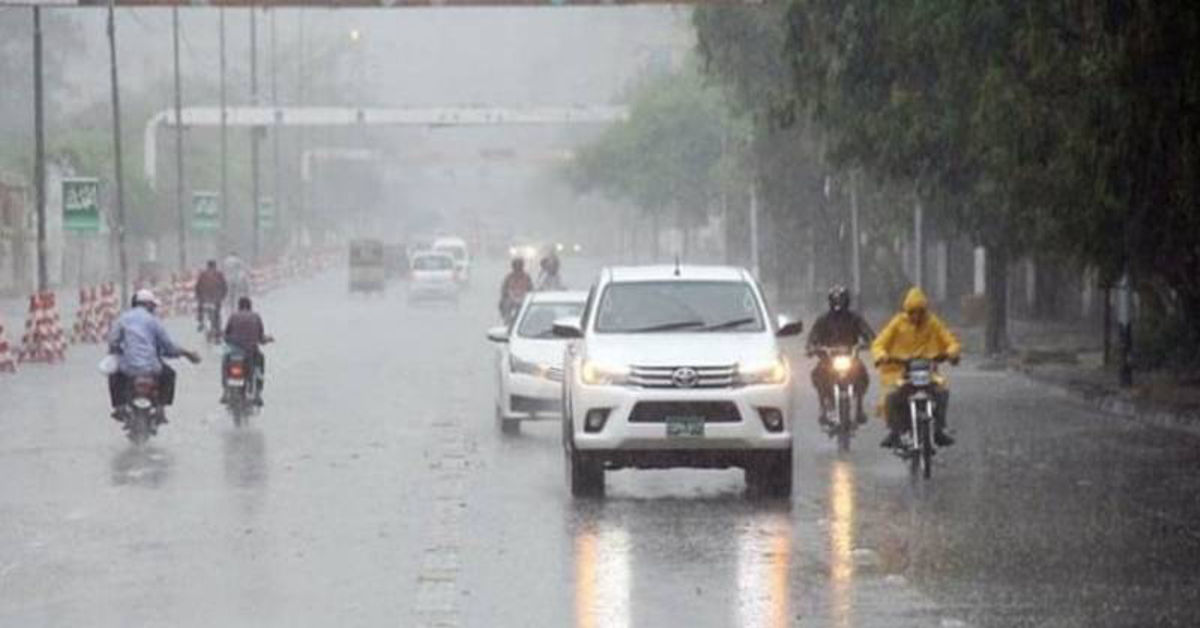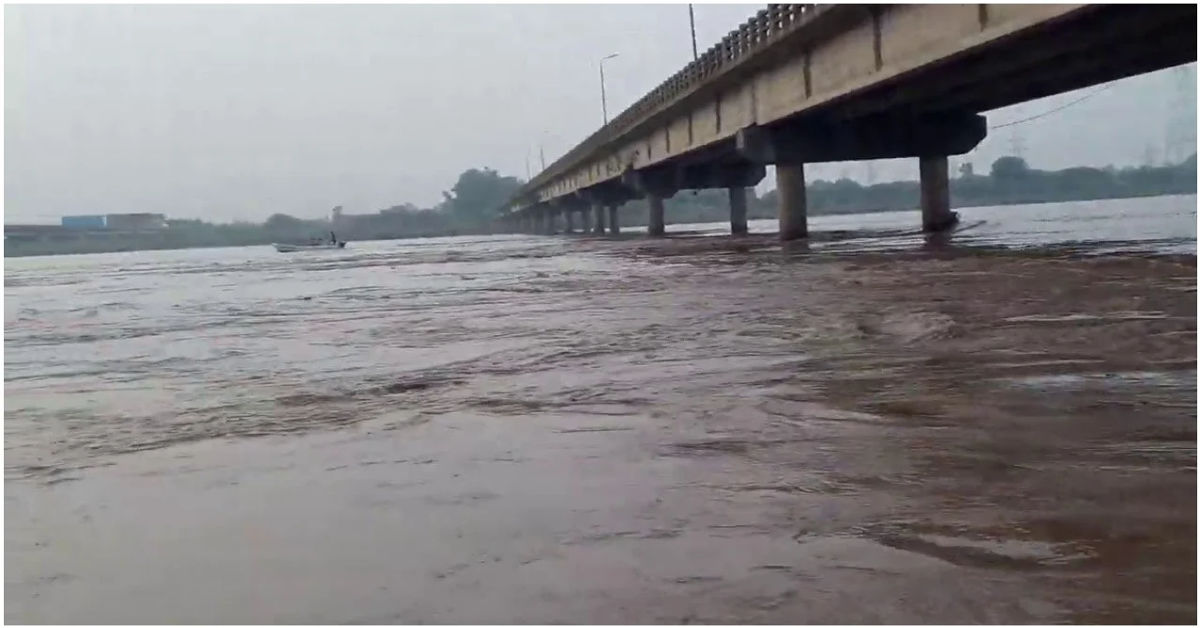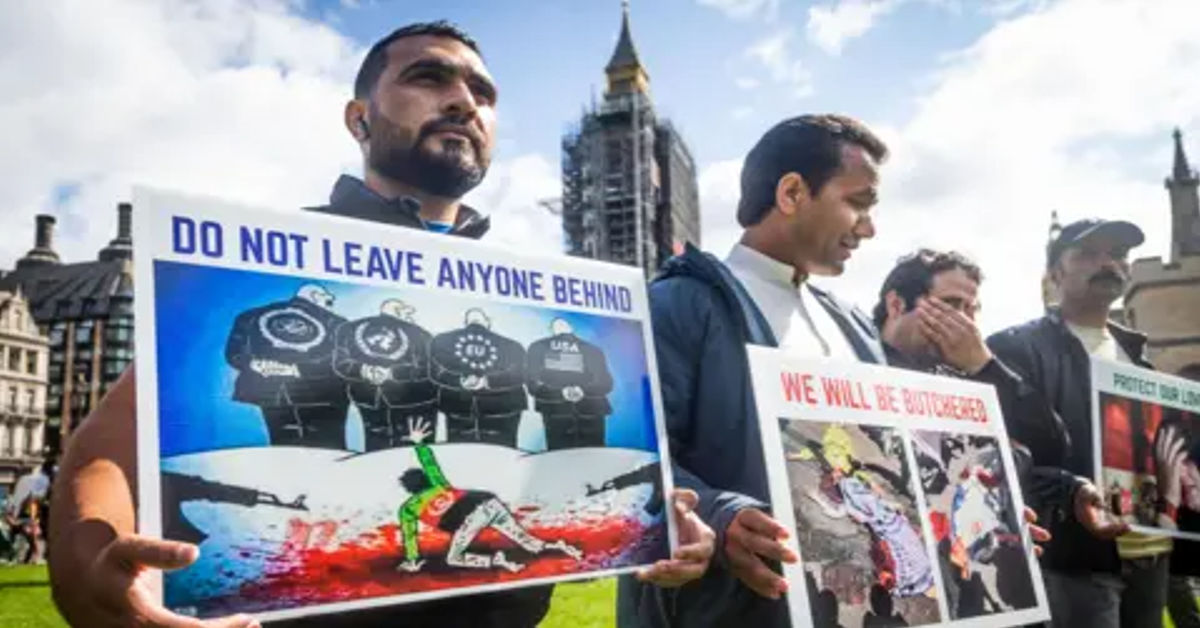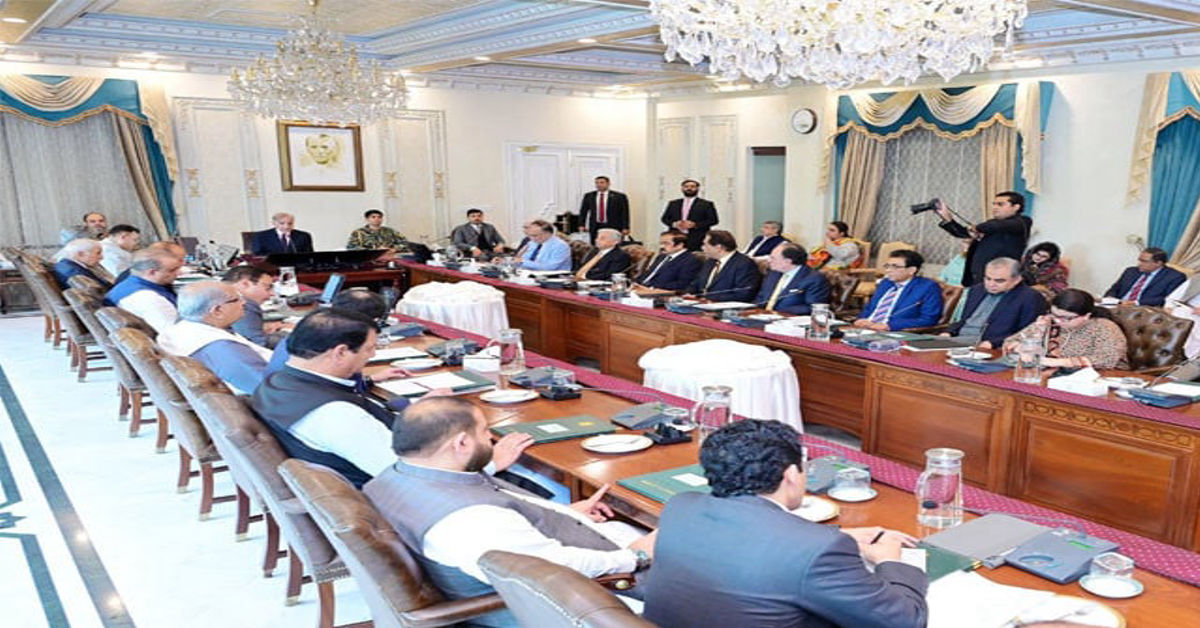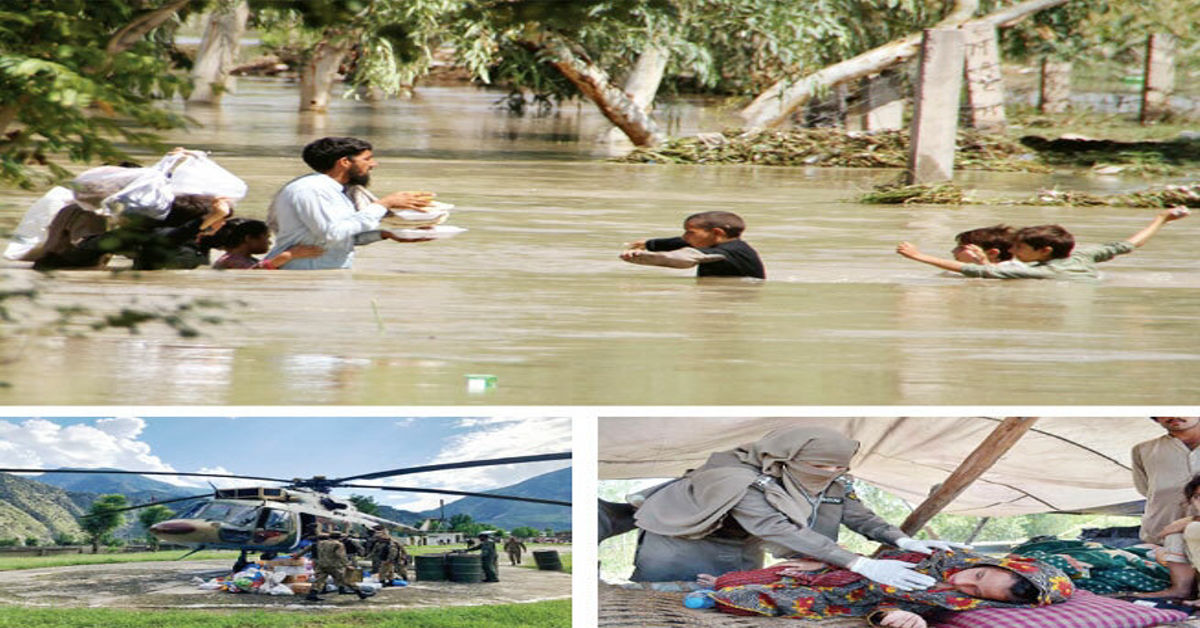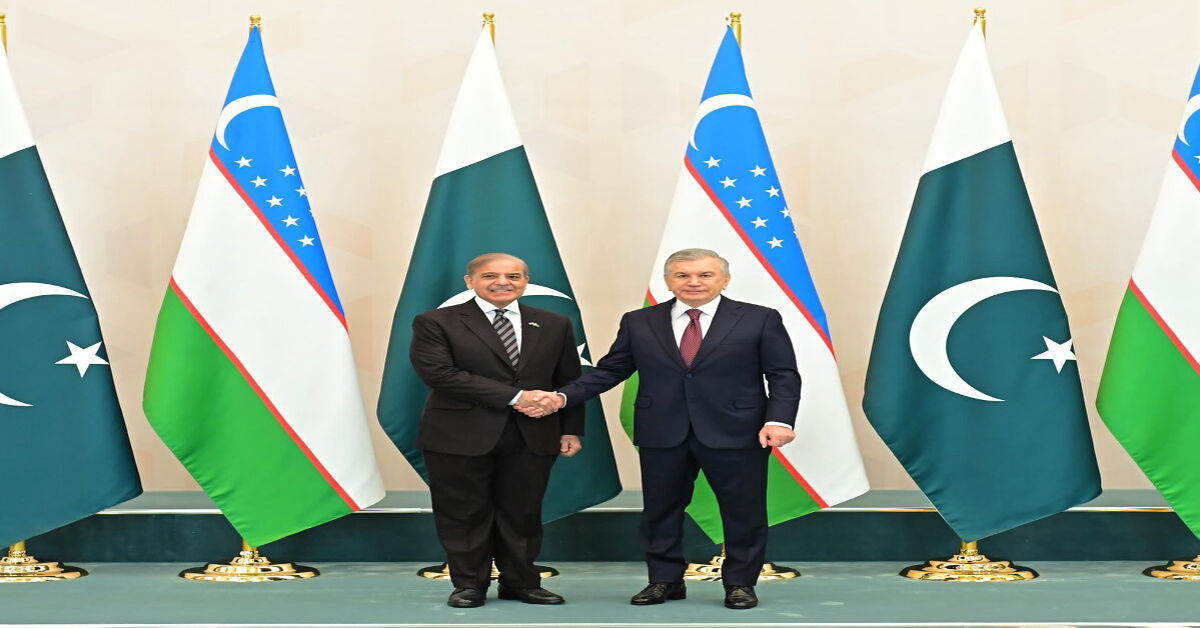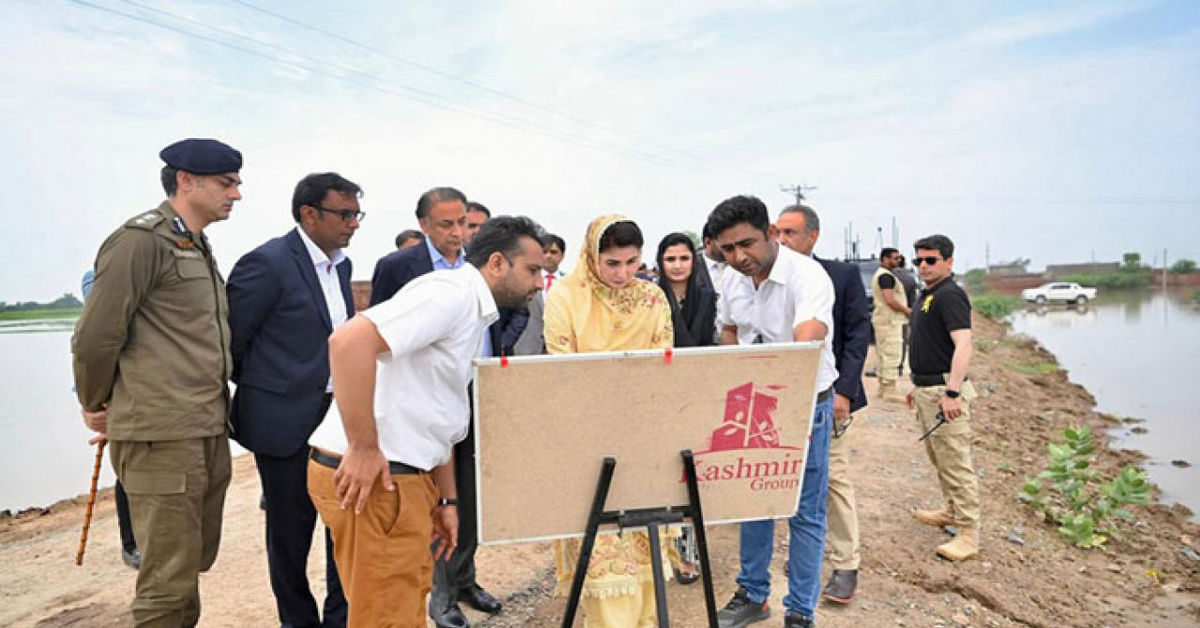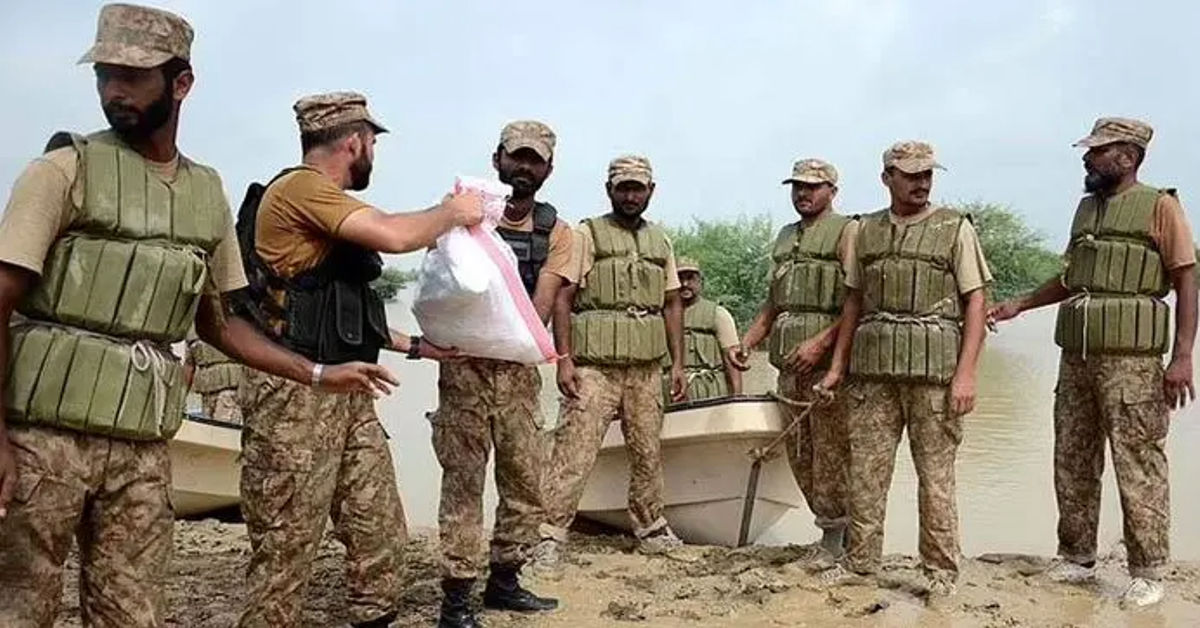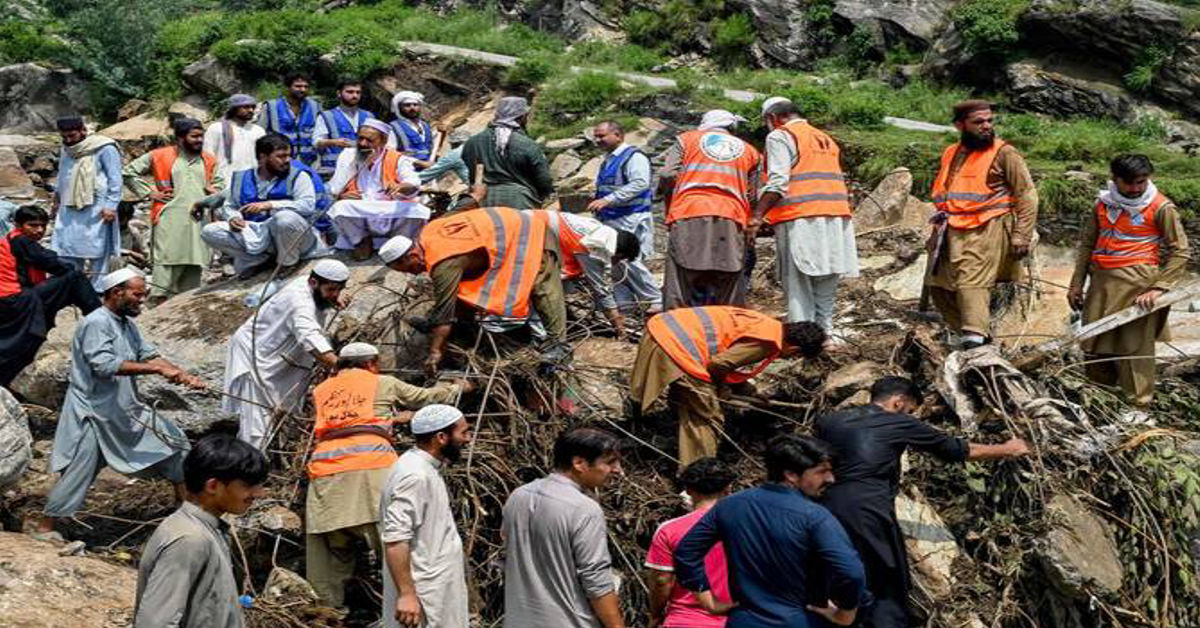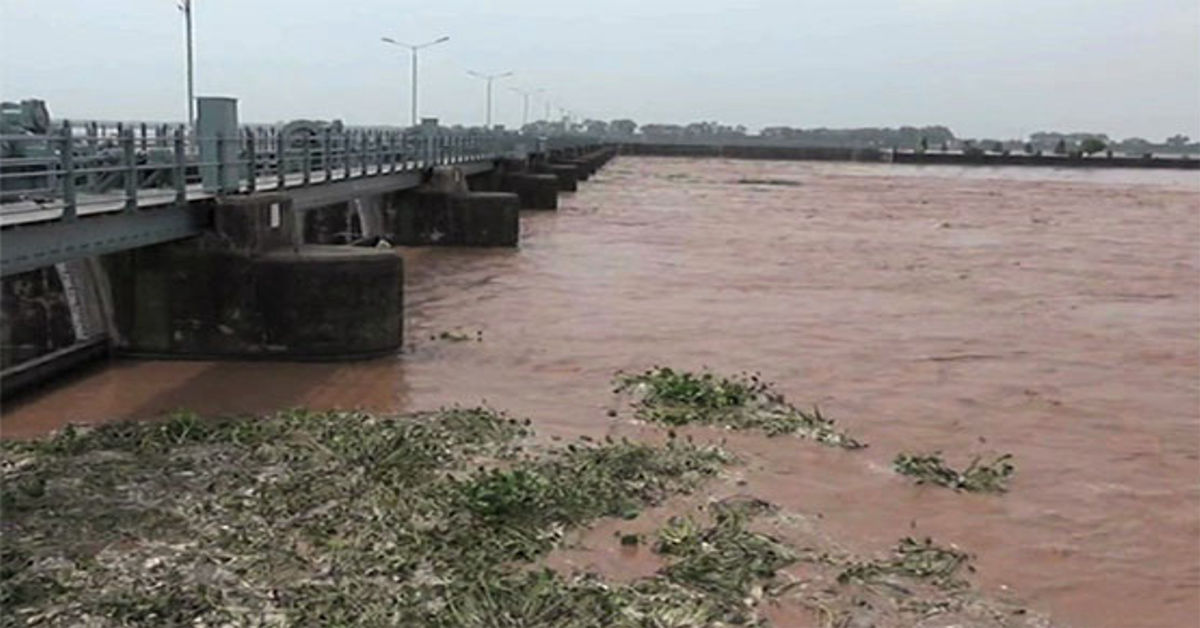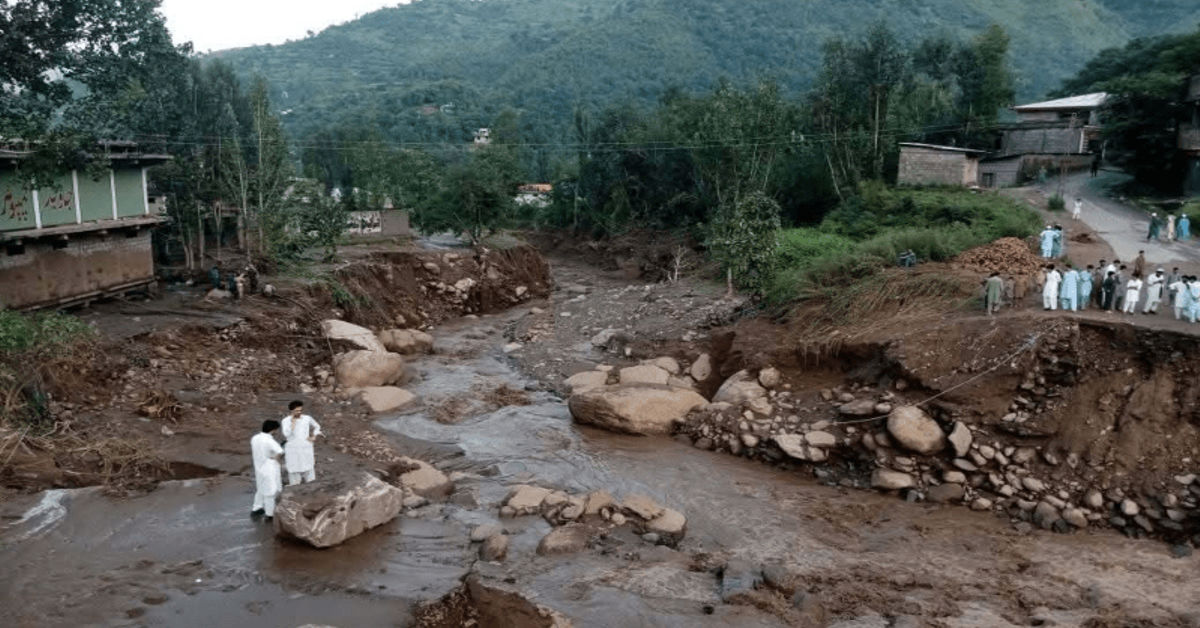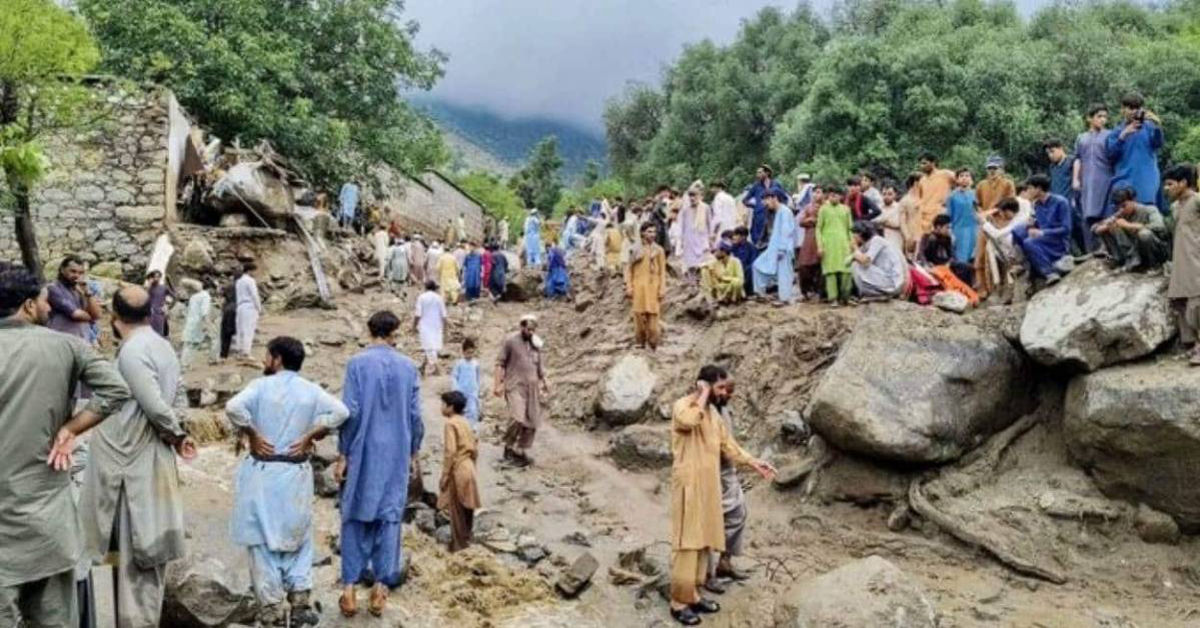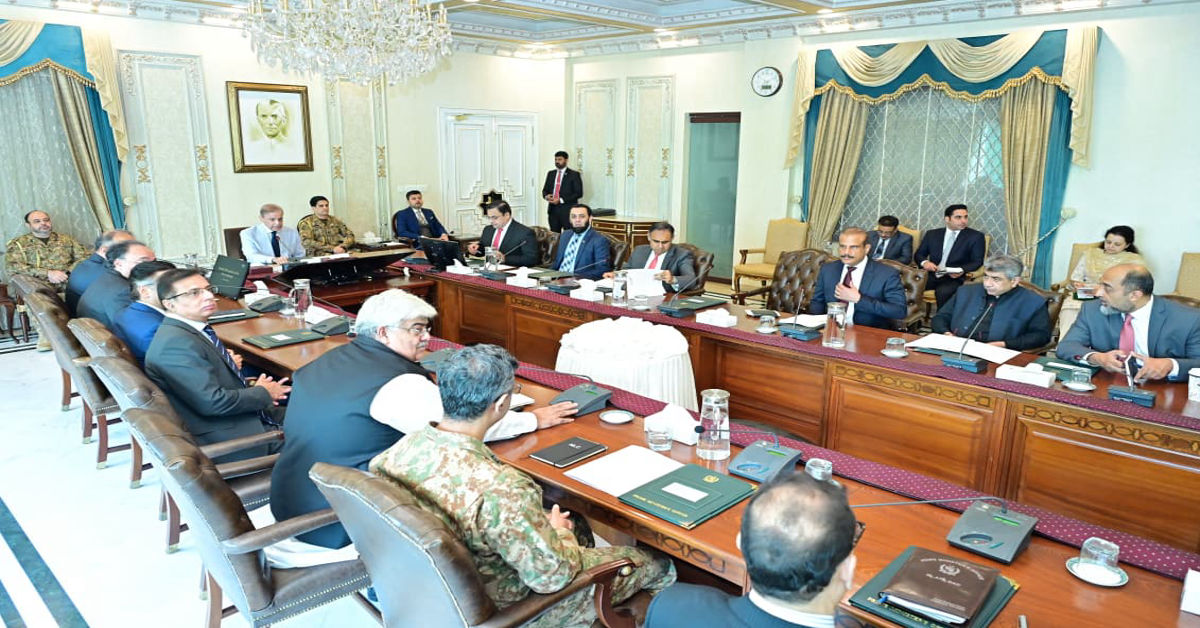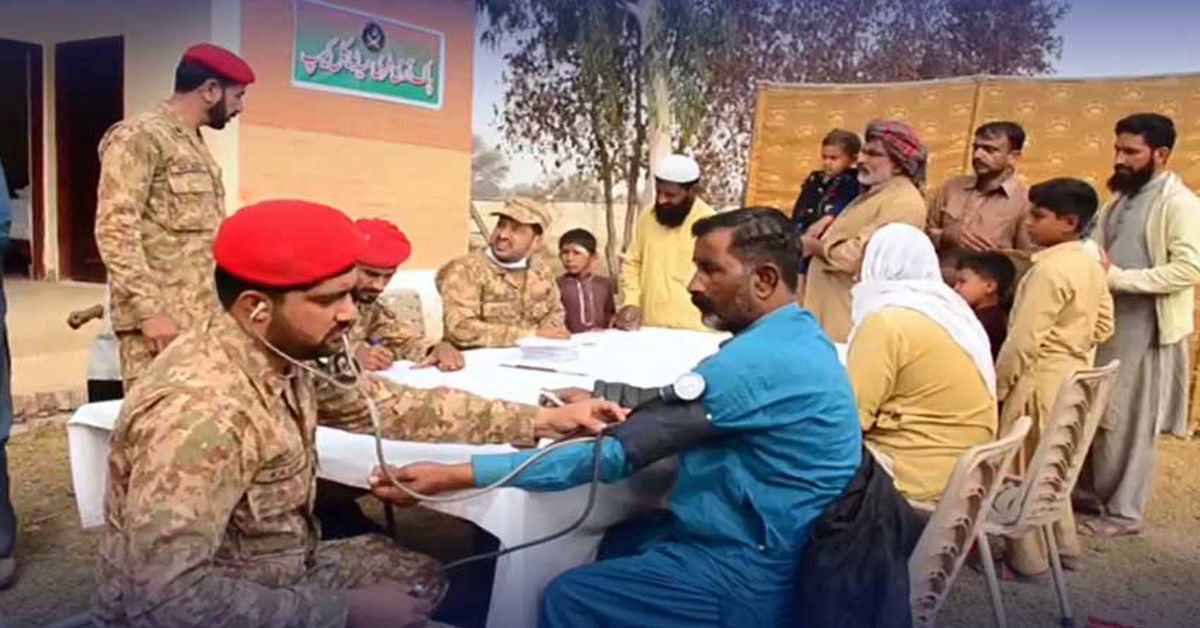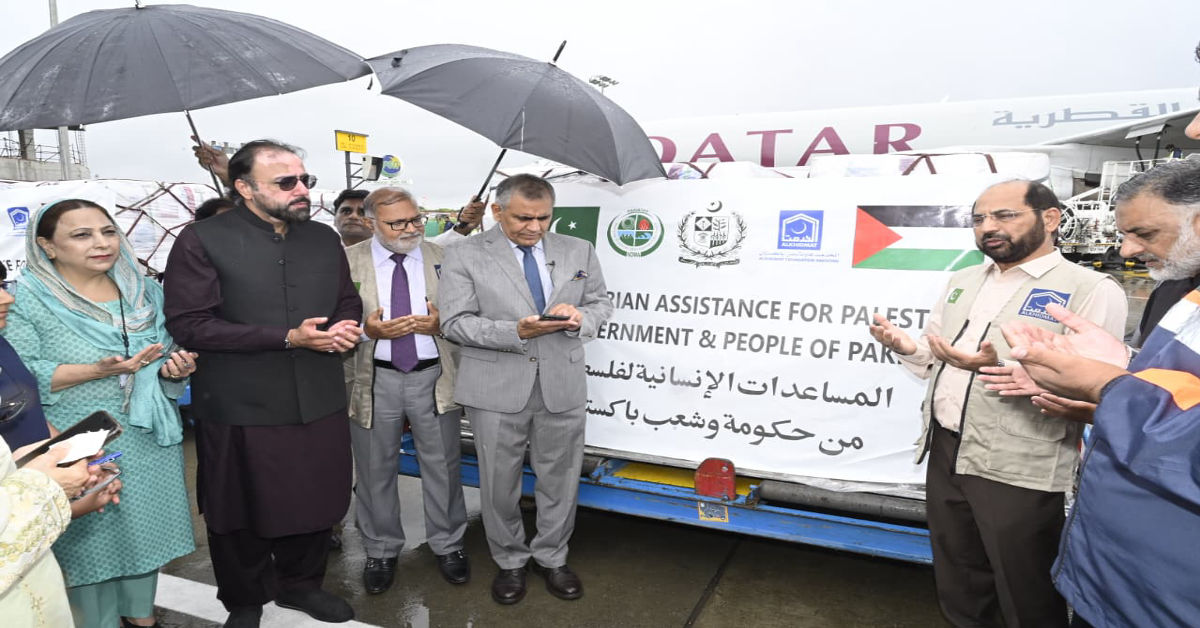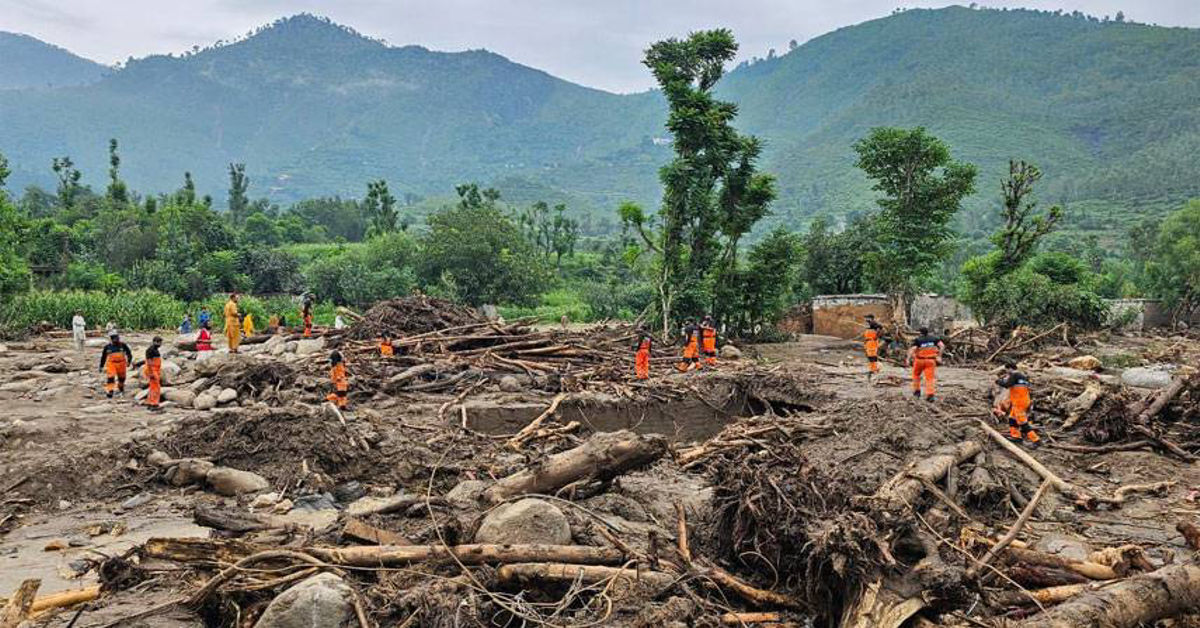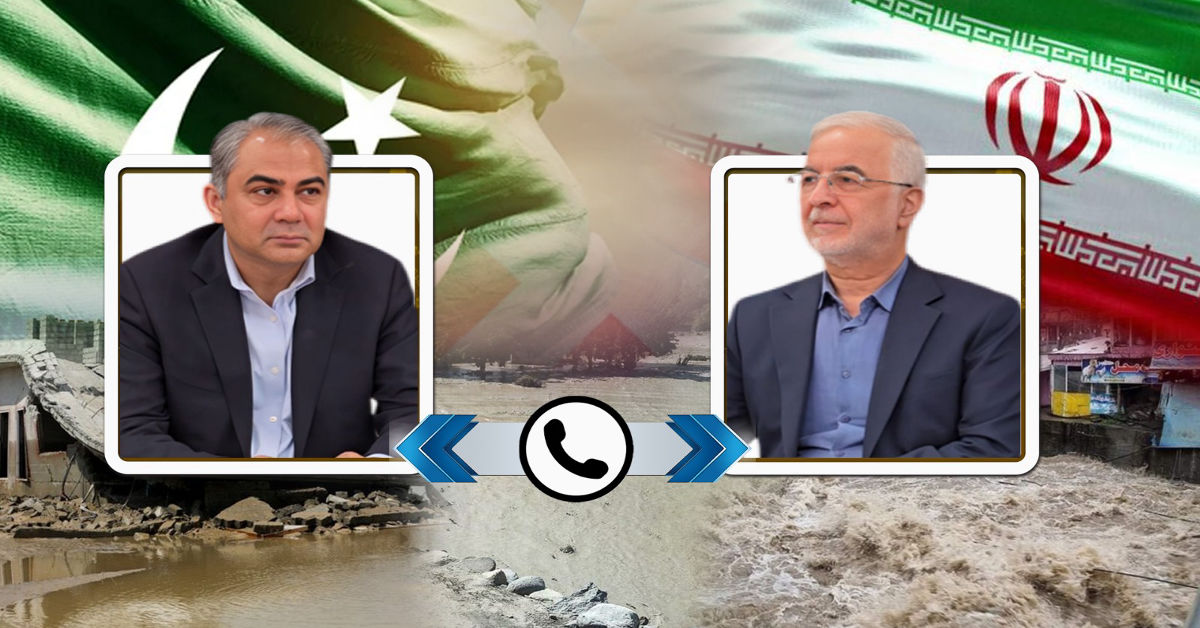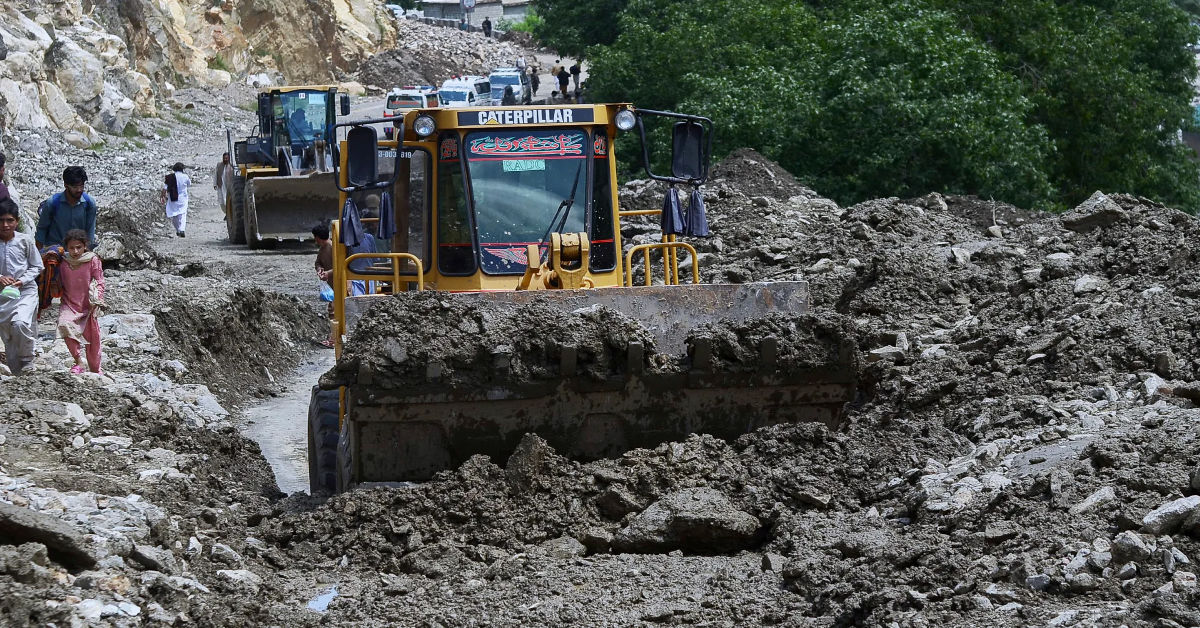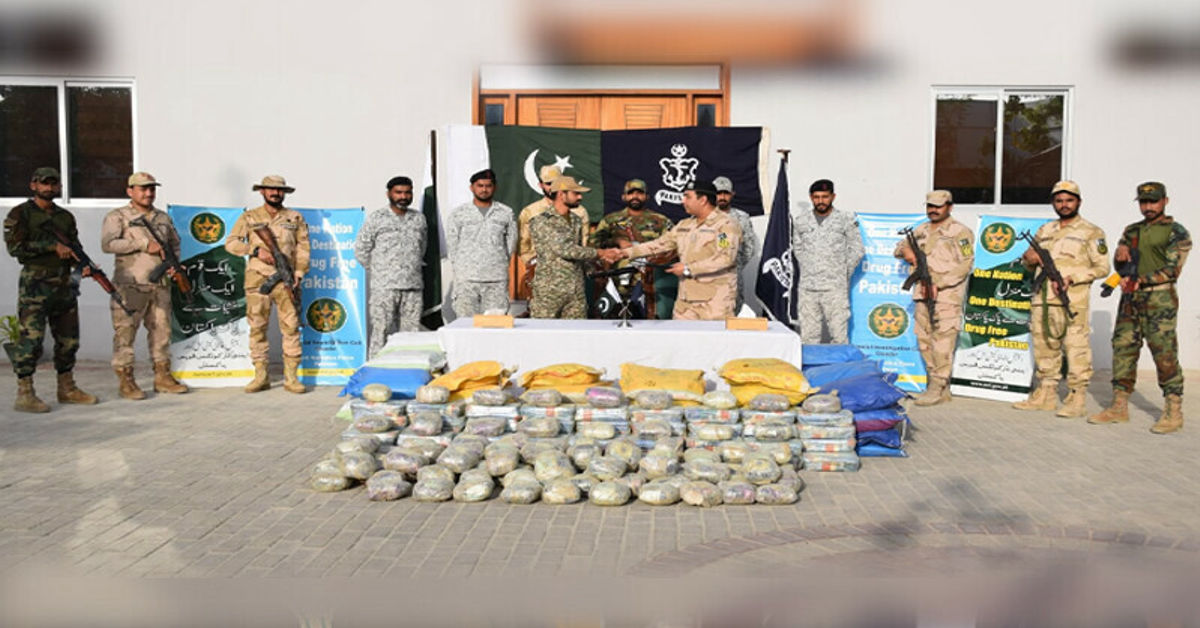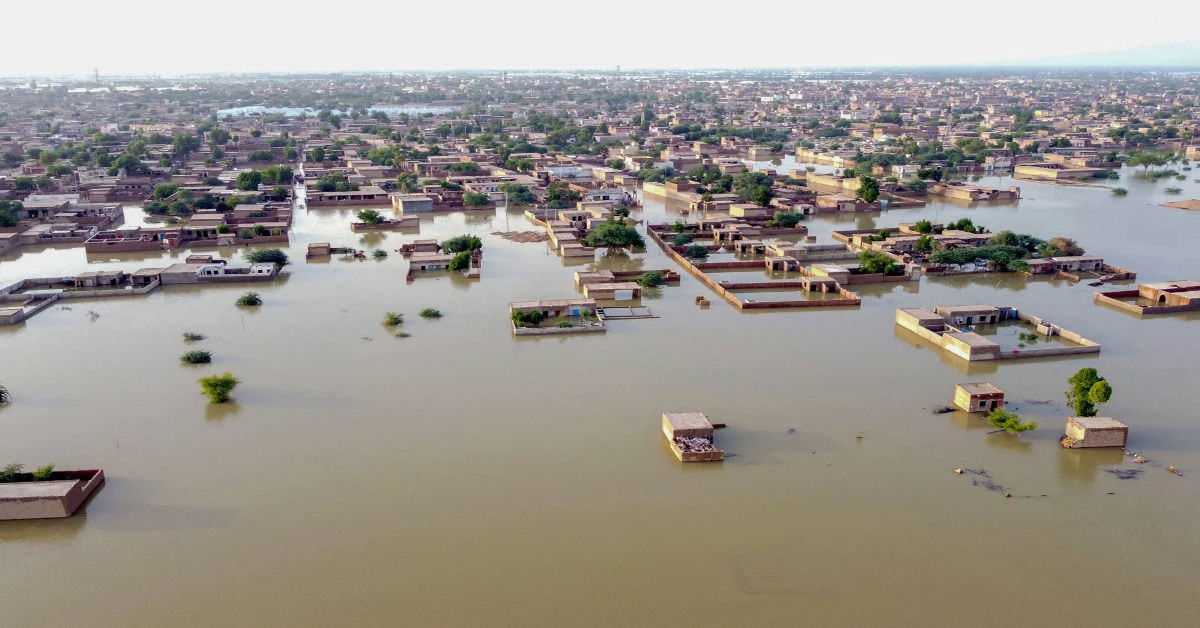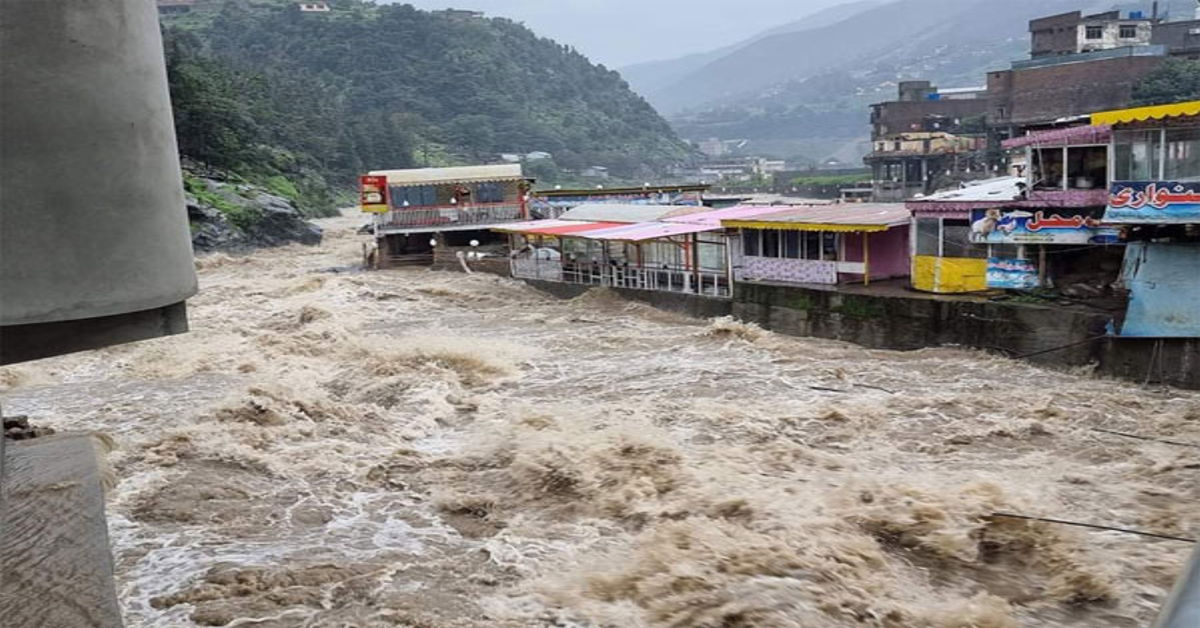
In a moment of profound grief and solidarity, President Asif Ali Zardari extended Pakistan’s deepest sympathies to the government and people of Turkiye following the tragic crash of a military aircraft. This immediate and heartfelt response underscores the deep-rooted bond between the two nations, a relationship built on decades of mutual respect, strategic partnership, and unwavering support in times of crisis. The incident, a somber reminder of the risks faced by military personnel, brought into focus the enduring connection that ties Pakistan and Turkiye together, far beyond the realms of politics and diplomacy.
A Tragic Incident and Immediate Condolences
The news of a Turkish military plane crash sent waves of sorrow across the region. According to official reports from Turkish authorities, the aircraft, involved in a routine training mission, went down, resulting in the loss of its crew. Such events are a stark reminder of the sacrifices made by armed forces personnel daily. In the immediate aftermath, the international community began to express its support, and Pakistan was among the first to convey its condolences, highlighting the nation’s steadfast solidarity with its Turkish brethren. This gesture of support is a hallmark of the bilateral relationship, which has long been characterized by immediate and heartfelt mutual aid during national tragedies.
Turkiye’s Military and Rescue Operations
Turkiye’s armed forces are a cornerstone of its national identity and a key player in regional security. Following the crash, Turkish authorities launched an extensive search and rescue operation, a complex and challenging task often carried out in difficult terrain. These efforts, coordinated by the Turkish Ministry of National Defence, involve highly trained teams dedicated to recovery and investigation. The professionalism and dedication shown by the rescue teams reflect the high standards of the Turkish military. For observers in allied nations like Pakistan, watching these operations unfold reinforces the shared understanding of military duty and the profound sense of loss that accompanies such incidents.
Asif Ali Zardari’s Official Statement
President Asif Ali Zardari issued a formal condolence message, articulating Pakistan’s sorrow over the tragic event. The statement, released through the presidency’s official channels, was marked by a tone of sincere empathy and respect. It expressed deep grief for the lives lost and conveyed prayers for the bereaved families and the Turkish nation. The message emphasized that Pakistan stands with Turkiye in its hour of mourning, reinforcing the unshakable bond between the two countries. This type of diplomatic communication is crucial, as it officially documents one nation’s support for another and sets the tone for all subsequent diplomatic interactions related to the event.
Diplomatic and Strategic Relations
The relationship between Pakistan and Turkiye is more than just a friendship; it is a multifaceted strategic partnership. This alliance is built on strong pillars of cooperation in defense, trade, and culture. Defense collaboration is particularly robust, with joint military exercises, training programs, and co-production of defense equipment forming the backbone of this tie. Economically, the two nations are continuously working to enhance bilateral trade and investment. Culturally, the shared Islamic heritage and historical connections create a natural affinity, fostering vibrant people-to-people exchanges that strengthen the diplomatic ties forged at the state level.
Shared History and People-to-People Solidarity
The bond between the people of Pakistan and Turkiye precedes the formation of Pakistan itself. This connection dates back to the Khilafat Movement of the early 20th century, when Muslims in British India provided support to their Turkish counterparts. This historical solidarity has been a constant theme, especially evident during natural disasters. Whether it was the devastating earthquakes in Turkiye or the massive floods in Pakistan, the citizens of both countries have consistently been at the forefront of providing humanitarian assistance and disaster relief coordination for one another. This deep-seated goodwill forms the very foundation of the interstate relationship.
Pakistan’s Crisis Diplomacy Protocol
In times of international crisis, a nation’s response is carefully coordinated. For Pakistan, this process involves seamless communication between the Head of State’s office, the Ministry of Foreign Affairs, and diplomatic missions abroad. Following the news from Turkiye, President Asif Ali Zardari’s office would have worked closely with these entities to formulate and disseminate Pakistan’s official message of condolence. This protocol ensures that the response is swift, appropriate, and consistent with the country’s foreign policy objectives. It guarantees that the message of solidarity is not only heard but also officially recorded, reflecting the gravity with which Pakistan treats its relationship with key allies like Turkiye.
International Reactions and Pakistan’s Position
Following the tragic crash, messages of support poured in from around the globe. Leaders from allied nations and international organizations expressed their condolences, creating a chorus of global solidarity with Turkiye. Within this context, Pakistan’s swift and sincere response positioned it clearly as a steadfast and reliable friend. By being one of the first to offer sympathies, Pakistan reaffirmed its role as a key ally, not just in words but through meaningful gestures. This proactive stance in diplomatic circles reinforces Pakistan’s commitment to its strategic partnerships and highlights its empathetic approach to foreign policy.
Implications for Regional and Future Collaboration
Tragedies, while deeply sorrowful, can also strengthen alliances. This incident is likely to reinforce the already strong defense and humanitarian cooperation between Pakistan and Turkiye. It may pave the way for deeper collaboration in areas like aviation safety, joint crisis response training, and enhanced coordination for disaster relief. The shared experience of loss can foster a greater sense of mutual purpose, potentially accelerating existing defense collaboration projects and encouraging new avenues for partnership. This event serves as a powerful reminder of shared vulnerabilities and the importance of standing together, which can translate into more resilient and integrated regional cooperation moving forward.
Conclusion
In conclusion, the heartfelt response to the military plane crash in Turkiye serves as a poignant illustration of the profound and enduring bond between Pakistan and Turkiye. The immediate and sincere condolence message from President Asif Ali Zardari was more than a diplomatic formality; It genuinely expressed a shared sense of loss, rooted in a history of mutual support and a strong strategic partnership. As Turkiye mourns its fallen heroes, Pakistan stands beside it in unwavering solidarity, a testament to a friendship that has consistently weathered the tests of time and tragedy, promising even stronger bilateral cooperation in the future.
Frequently Asked Questions (FAQs)
What was President Zardari’s reaction to the Turkiye plane crash?
President Asif Ali Zardari expressed deep sorrow and grief over the loss of life. In an official statement, he extended heartfelt condolences to the government, the people of Turkiye, and the families of the victims, emphasizing that Pakistan stands in solidarity with Turkiye during this difficult time.
How strong are Pakistan-Turkiye relations?
Pakistan and Turkiye share a deeply rooted strategic partnership characterized by close cooperation in defense, trade, and culture. Shared history, mutual respect, and consistent support during national crises have built the relationship.
What is the history of solidarity between Pakistan and Turkiye?
The bond dates back to the early 20th century’s Khilafat Movement. Since then, the people of both nations have consistently shown solidarity, especially in response to natural disasters, with each country providing significant humanitarian assistance to the other during events like earthquakes and floods.
How does this event impact future cooperation?
While tragic, such events often strengthen alliances. This incident is expected to strengthen defense and humanitarian collaboration between Pakistan and Turkiye, potentially enhancing cooperation in areas such as aviation safety, joint crisis drills, and disaster relief coordination.




